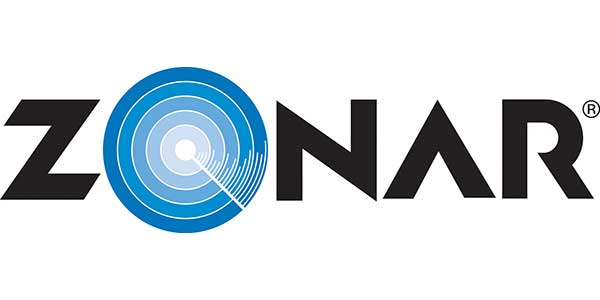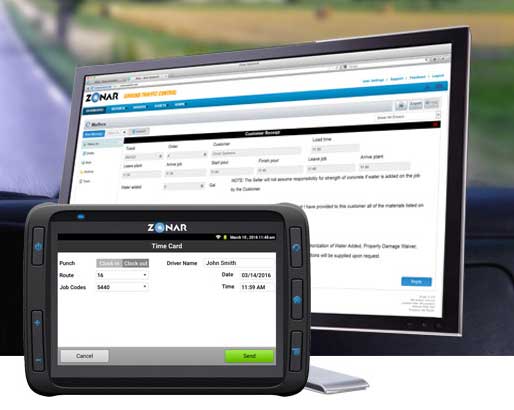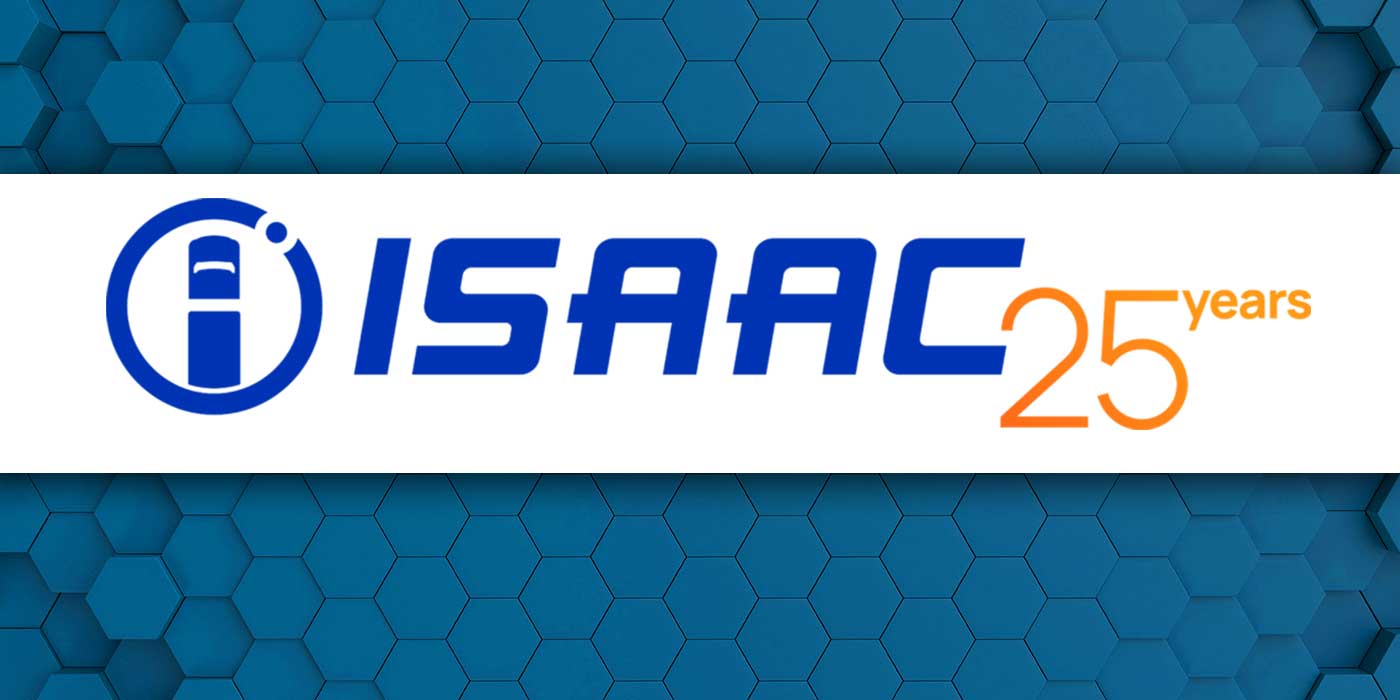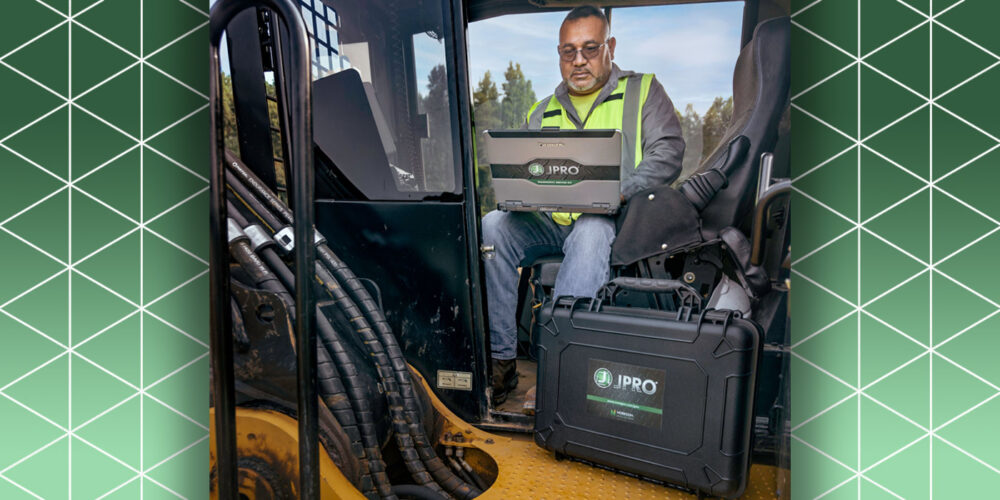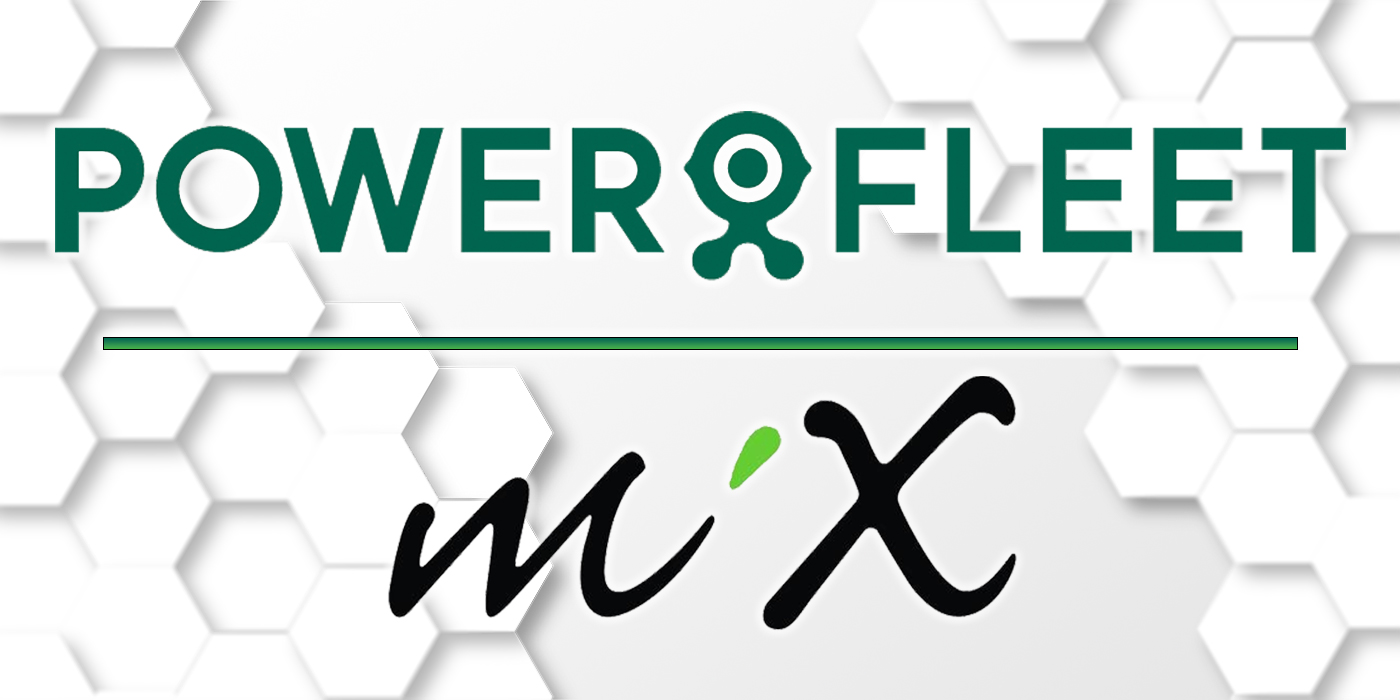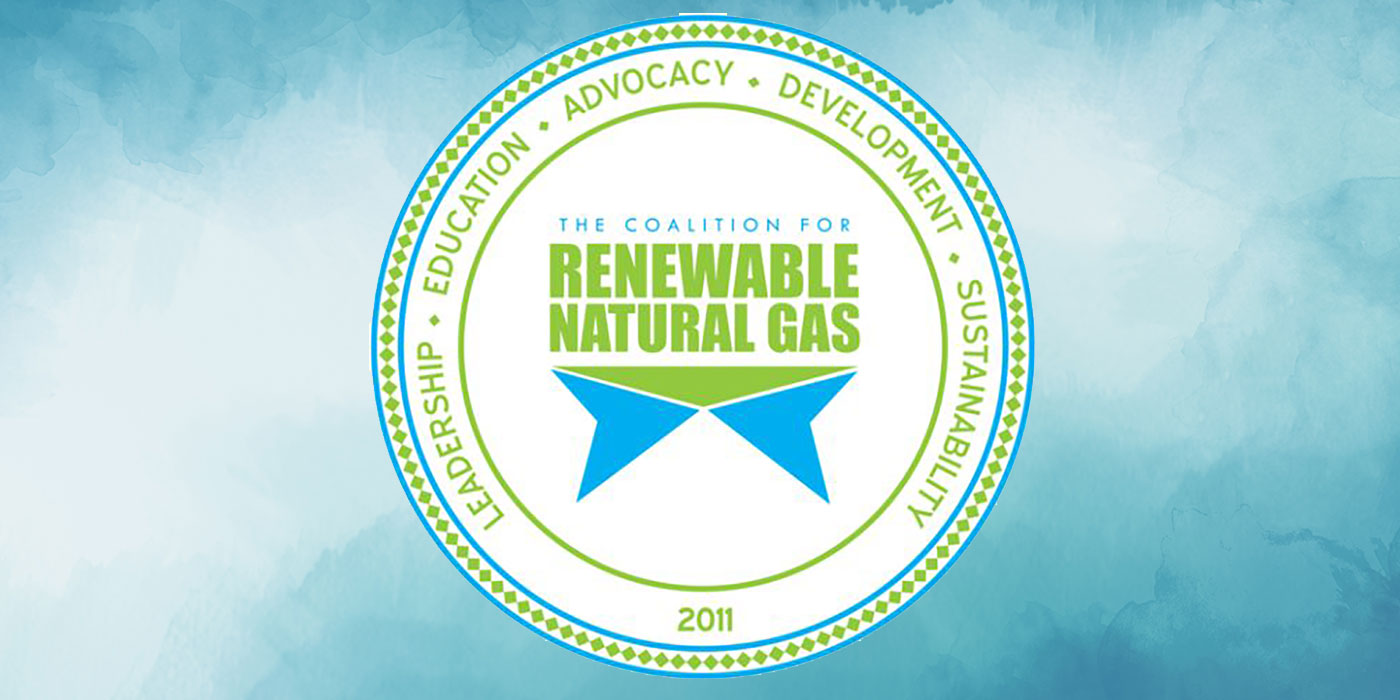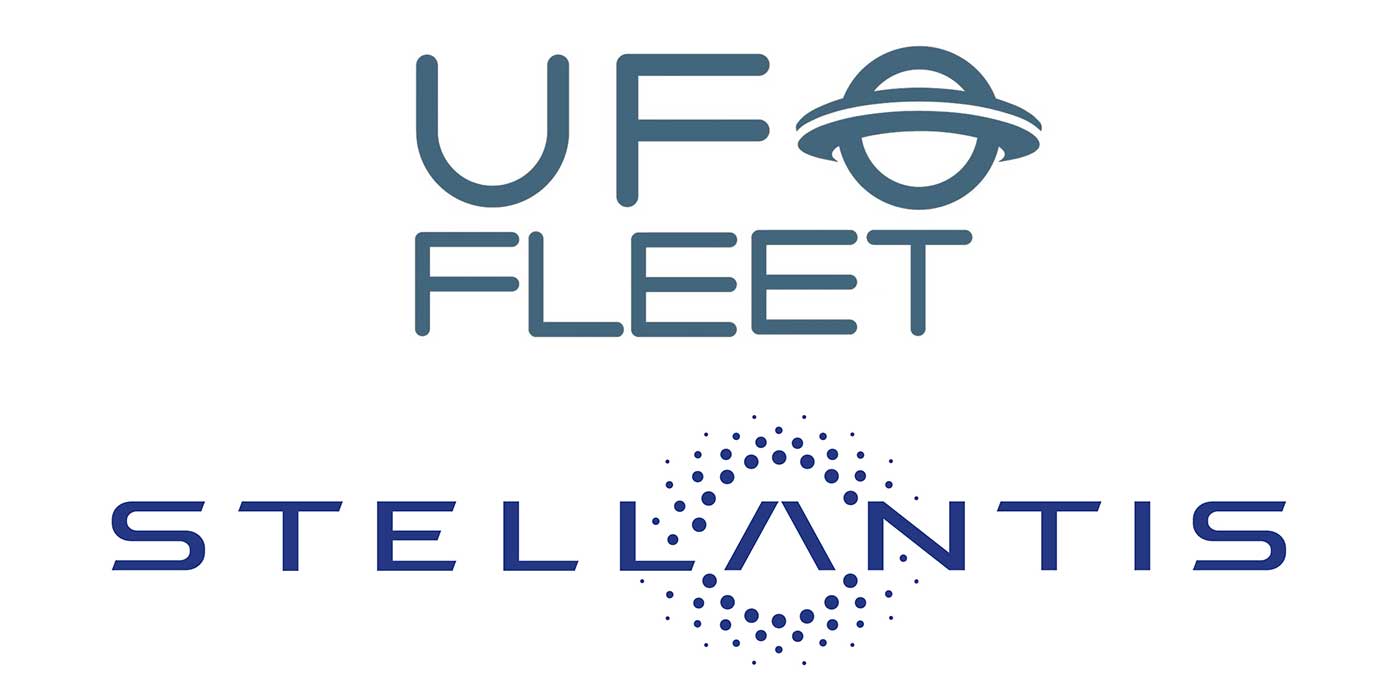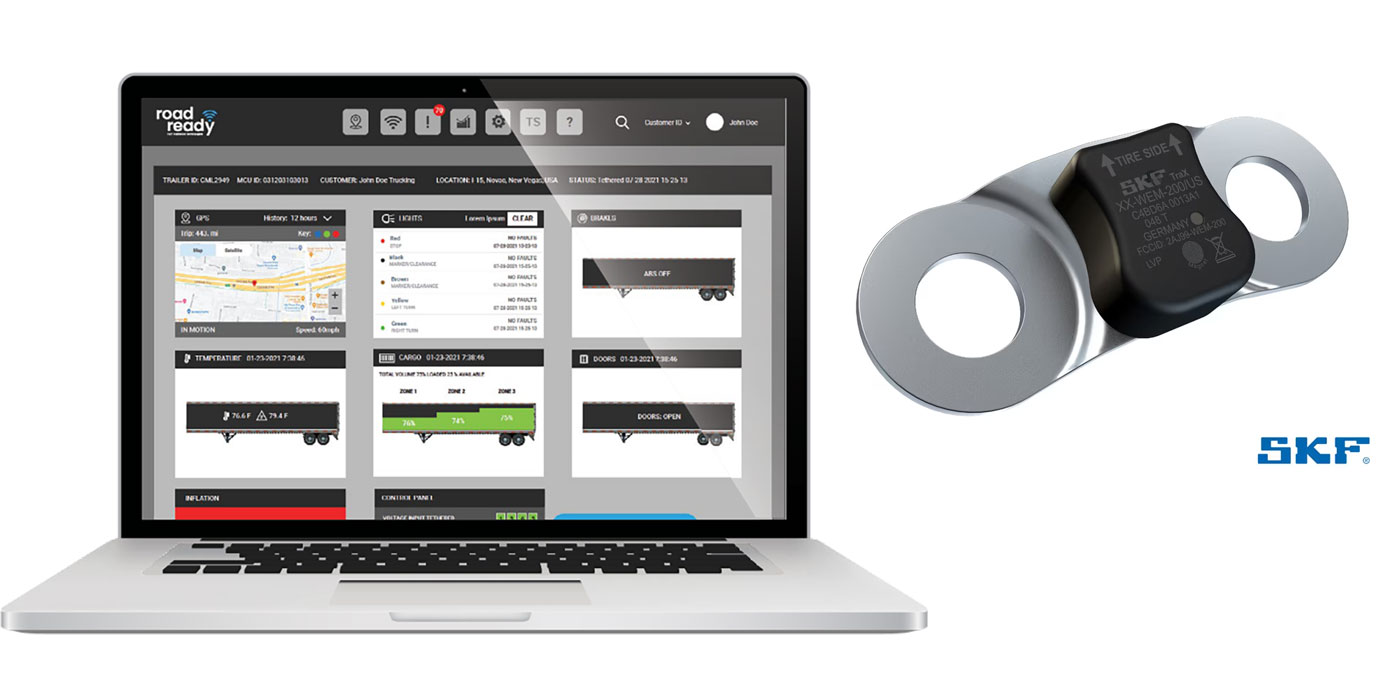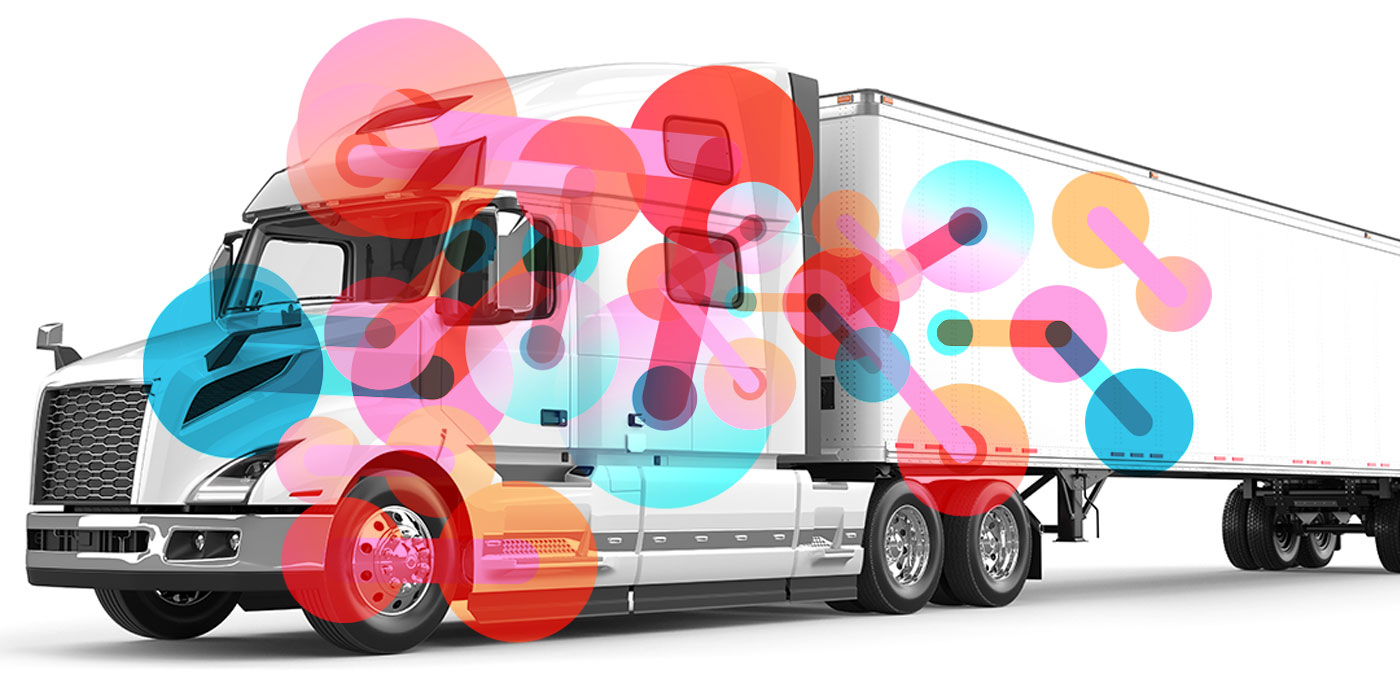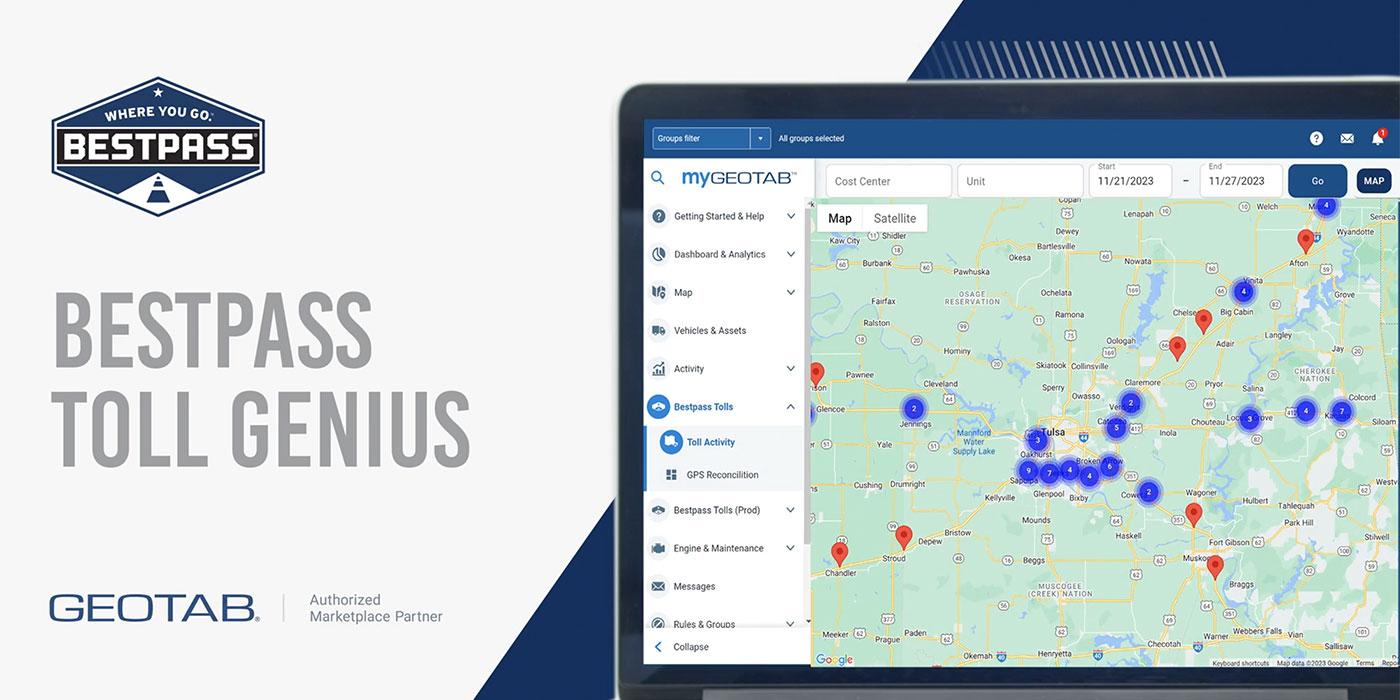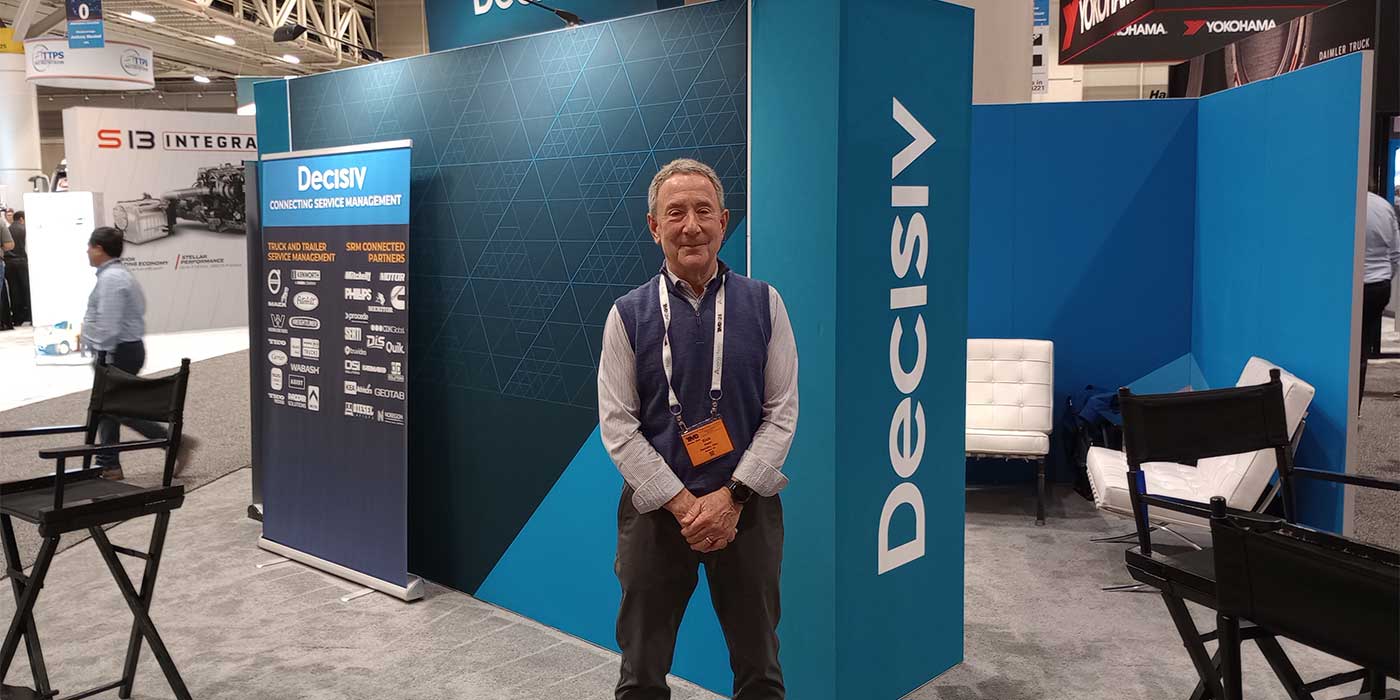Last year was a big one for Zonar. In October, Continental purchased a majority stake in the fleet management technology provider. Then in December, the company announced Ian McKerlich as the new chief executive officer as a part of a planned leadership transition. Fleet Equipment Editor Jason Morgan caught up with McKerlich to find out what the Continental investment means to Zonar and why 2017 is shaping up to be even bigger.
Fleet Equipment (FE): Coming in as the new CEO, with the Continental acquisition not too long ago, what’s the state of company now, and where do you see the company going into next year?
McKerlich: The Zonar transition was extremely orderly. I joined the company almost a year and a half ago, and Brett [Brinton, Zonar’s previous CEO] and I had been talking about me transitioning to CEO at some point. The company is aligned around a five-year plan and we’re really excited about the future of fleet management.
The Continental transaction has just been amazing. They’re wonderful partners. I just got back from Germany from my first business meeting, which was fantastic. We’re just looking for things that we can do together. They’re a very large, established company. People think of them as a tire company, but they have a lot of technology businesses as well. So, we’re identifying the opportunities where we can combine our roadmap investments to do even better things for our customers.
FE: Daimler Trucks North America will continue to hold its minority stake in the company going forward—how does that impact your company’s strategy and do you see Continental ownership expanding Zonar’s reach?
McKerlich: It makes for a nice team that is in our corner. Of course, there was nothing in our partnership with Daimler that prohibited us from working with other OEMs. There was a little bit of a perception that there was, but what’s interesting is that most of our business is through customers that have mixed fleets. And of course, our technology runs on all truck makes. We have a great relationship with Daimler, and with Continental, we look to continue to do more with the OEMs, which will be fantastic.
FE: Moving into the truck telematics and technology as a whole, it’s a segment that is moving really fast. Yet, a recent study indicated that fleets not using the data to make decisions that could positively impact fuel economy. Do you see that same miss within the industry? Is it still a struggle to get fleets to understand how to use this data to make equipment- and fuel-focused decisions?
McKerlich: I share your sentiment that, as an industry, there are a lot of features that we provide that our customers don’t use to their fullest. It’s a bit like Microsoft Office, where most people use 10% of the capabilities and they’re really happy with that. We are trying to get our customers deeper into our technology.
One of our highlights from last year was the launch of ZFuel. What it does is shift the focus away from stack ranking miles per gallon, and it normalizes for driver behavior, characteristics of the route, characteristics of the load, characteristics of the vehicle, and abstracts away those externalities.
[Editor’s note: Captured data utilized by ZFuel includes how often the driver uses cruise control, engine idle time, speed and what gear the truck is in. These factors allow fleet managers to see an accurate measurement of fleet fuel efficiency based on the circumstances in which each driver was operating. With ZFuel, each driver earns an individualized Driver Efficiency Score to uncover performance areas in need of improvement.]
In doing that, it provides a driver-coaching index that allows you to manage the driver a little bit more proactively. Some of our customers have developed incentive programs where the driver with the best driver efficiency score wins an Apple watch or another prize.
I think as an industry, there are more things like that that we can do to make information out of data and insights out of information.
FE: Driver-centric equipment is a big talking point today with the continuing driver shortage. How is Zonar engaging drivers through technology while providing a bottom line benefit to the fleet?
McKerlich: The driver is the nerve center of the vehicle, and [fleets] need to spend energy and resources helping him or her operate more effectively. I think the industry started with tracking assets and managing assets, but I think it’s evolved, at least within our customer base, to being supportive in coaching drivers, so that they can be more effective. Our customers are using technology to help them manage the drivers, and Zonar would like to get it to a point where the Connect tablet, for example, is giving some form of feedback to the driver in real time in a safe way.
It’s a bit like parenting: If you can coach in the moment, it’s a lot better than sitting down at the end of a week’s work and saying, ‘Hey, back on Tuesday, you could’ve been in a different gear on this hill.’ That’s where we see it going. Again, the challenge is ensuring that safety comes first. You don’t want to have things beeping at an inopportune moment or flashing lights distracting the driver. It’s important to get the man/machine interface right.
FE: Zonar continues to grow and ingrain itself within the trucking industry, but the recent ELD mandate has brought a number of new technology-centered competitors to the market. Do you have any thoughts as to what fleet managers should be looking out for in terms of protecting themselves as they try out new technology and new products?
McKerlich: There’s that old adage: If it looks too good to be true, it probably is too good to be true. In the category of ELD, for example, the rule set and the complexity of that legislation and the corresponding guidelines for implementation is incredibly complex. If there’s a company that says they can meet all the requirements on an off-the-shelf device for a small amount per month … I would caution fleets to really look into that and ask if they self-certified in a meaningful way and if the company documented any of that. It’s buyer beware.
What Zonar is excited about is that we’ve recruited top talent from technology companies throughout the greater Seattle area to work on our technology and combined that with 15 years of experience in the trucking industry and the backing of two industry heavyweights. So, I’d recommend looking at the pedigree of a company as well and whether they’re going to be around for the long haul.
FE: Data security is obviously a big part of building that trust.
McKerlich: Data security is extremely important. Every one of our product designs and releases has to be examined from this perspective to make sure that we meet or exceed the standards in the area. We take that responsibility very seriously for our data. When you start to look at those developing data sets, the imagination starts to go wild. But you certainly need to secure it and make sure that the ownership of it is well-established.
FE: So, in your opinion, what are the next big technological milestones for the trucking industry?
McKerlich: That’s a hard one… Expanded connected intelligent solutions that make commercial trucking safer and more efficient will be on the horizon for fleets looking to innovate. That said; an example of additional connectivity that I am excited about that is a bit outside of Zonar’s immediate scope is some of the camera technology that is coming to bear and what that could do for safety. Take lane departure warning systems for example. Once you get used to stuff like that, or blind spot detection, it’s really powerful.
It’s all about situational awareness. Just as a potential example, I just got back from Europe, and they have dynamic road signs in which the posted speed limit on a particular segment of road will vary considerably based on the situation. With new camera technology, we would have the ability to give driver feedback if they are speeding. The driver might have missed it, but the camera sees it. That’s a situation that helps safety and driver training, as well as fuel economy. That’s an example that I get excited about.

